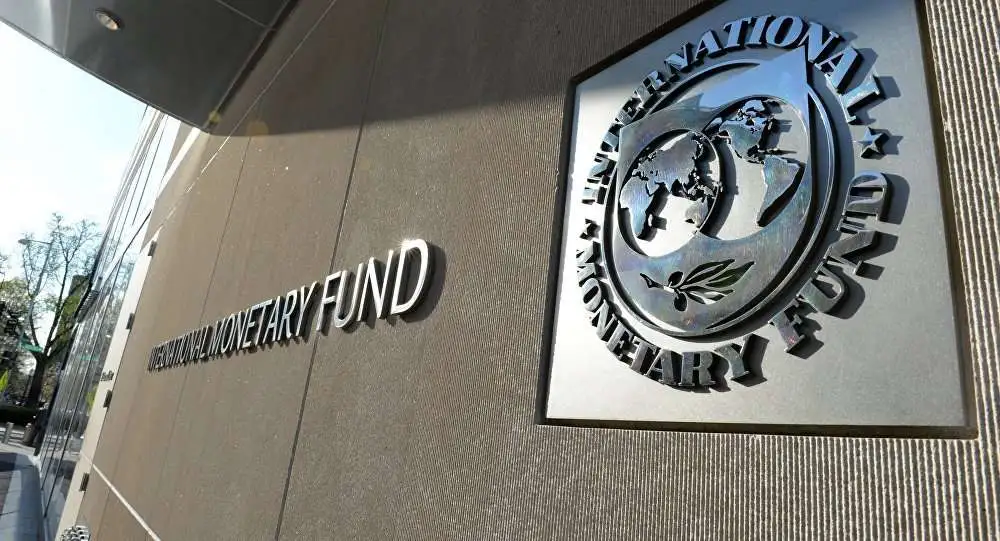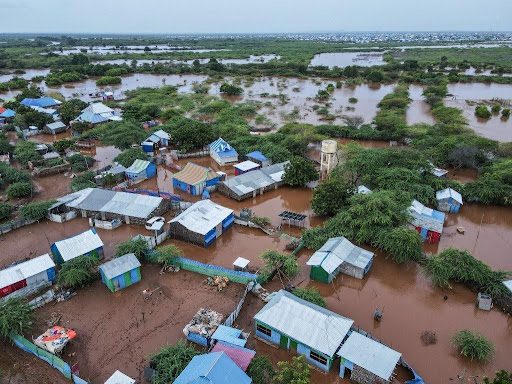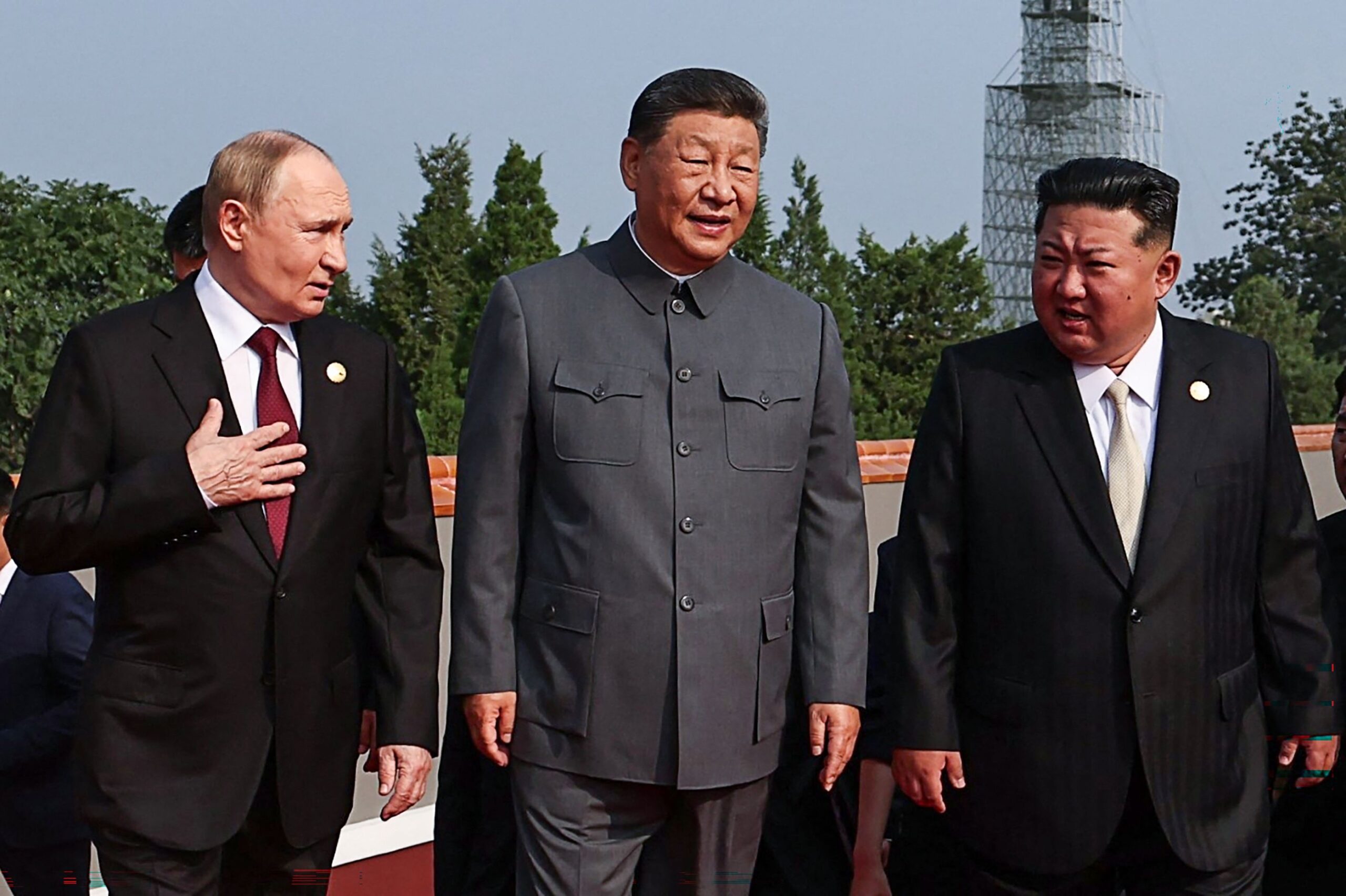

Egypt is poised to receive a $1.2 billion disbursement from the International Monetary Fund (IMF) this month, part of an $8 billion Extended Fund Facility agreement initiated in March 2024. This follows a staff-level agreement reached in December 2024, with the IMF’s executive board set to meet in January to approve the release. The financial support aims to address Egypt’s acute economic challenges, including soaring inflation, foreign currency shortages, and declining revenues from the Suez Canal.
The economic pressures on Egypt have intensified in recent months. Inflation has risen to record levels, drastically reducing purchasing power and straining household budgets. At the same time, the Egyptian pound’s depreciation has increased the cost of essential imports, compounding difficulties for a nation heavily reliant on foreign goods.
A significant blow to the economy has come from the Suez Canal, which experienced a dramatic drop in revenues of over 60% in 2024. This decline, amounting to losses exceeding $7 billion, is largely attributed to heightened regional instability. Attacks on Red Sea shipping routes by Yemen’s Houthis have diverted maritime traffic, undercutting one of Egypt’s primary sources of foreign exchange.
As part of the IMF agreement, Egypt has committed to a series of reforms to stabilize its economy. The government plans to increase its tax-to-revenue ratio by eliminating tax exemptions, creating fiscal space for expanded social spending aimed at protecting the most vulnerable. Additionally, the IMF has emphasized the need for a flexible exchange rate and accelerated privatization of state-owned enterprises to foster private-sector growth and attract foreign investment.
The anticipated $1.2 billion disbursement offers temporary relief, but long-term economic stability will depend on Egypt’s ability to implement these structural reforms. The government faces the dual challenge of navigating the immediate crisis while building a foundation for sustainable growth. The path forward requires balancing domestic pressures with its commitments to the IMF, ensuring that reforms deliver tangible benefits to the population.


